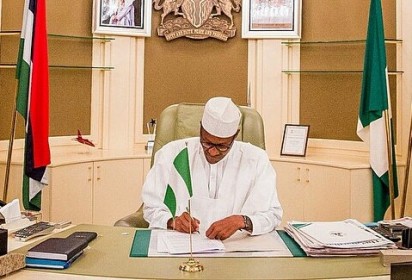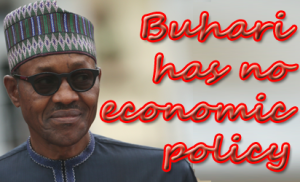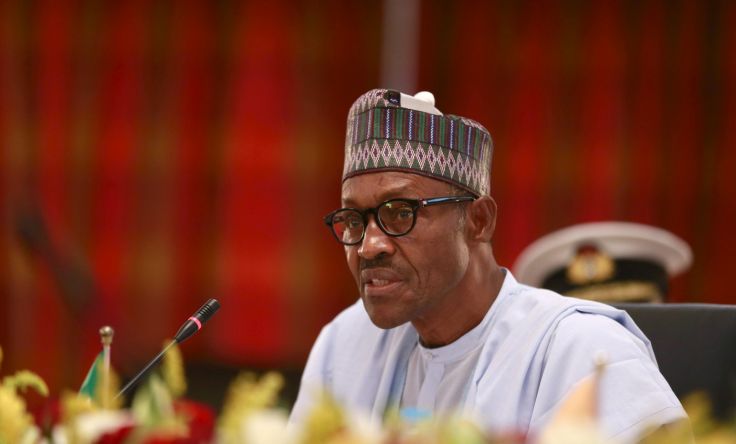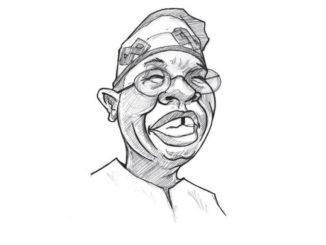
My heart went out momentarily to Senate President Bukola Saraki the other day at a funeral service when, upon his recognition as being present in church, the officiating minister chose to give him a message for onward transmission to President Muhammadu Buhari: There is hunger and suffering in the land, the cleric said repeatedly! Tell the president: there is hunger in the land!
If it is not a moral bully pulpit, of course, it is not a worthy pulpit!
The Vicar and Archdeacon of Ikoyi Diocese of the Anglican Church, therefore, used it most appropriately by asking the Number Three Citizen to tell the Number One that the economic situation in the country is making Nigerians feel their lives have only changed for the worse and that government is not doing enough.
Saraki, ever the consummate politician, took it all on the chin and sat stoically, as the cleric correctly noted that mass unemployment, inflation and hunger are now at the point where “Nigerians really feed from the dustbin.” And, according to him, it might soon get to a point when Nigerian leaders would not be able to walk freely on the streets.
I trust that Saraki got the message and will deliver same not only to the president but to all members of the legislative arm as well as every person in any leadership position at any level.
But just in case the proverbial wisdom of ensuring the efficacy of a message to the deaf by sending such through his son fails to hold in this instance, I am persuaded that the crisis of living, not just an economic crisis, in which Nigerians wallow today should remind Nigerian leaders, especially President Buhari of the energy crisis Americans faced in the 1970s and what compassionate leadership means.
Such was the energy crisis that petroleum products rationing was adopted in some areas.
On July 15, 1979, President Carter outlined his plans to reduce oil imports and improve energy efficiency in his “Crisis of Confidence” or what is at times called the ‘malaise’ speech. In delivering that speech to start with, Jimmy Carter led by example as he encouraged citizens to do all they could to reduce their energy use. He installed solar hot water panels on the roof of the White House and a wood-burning stove for cooking in the living quarters. He then addressed the nation from a dimly lit room to show that even as President, he was conserving gas!
END




Be the first to comment